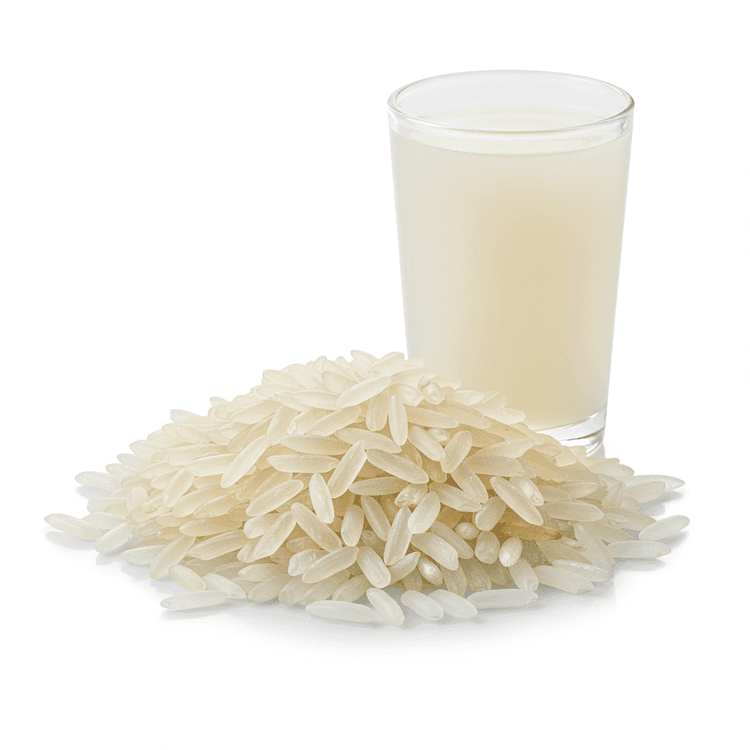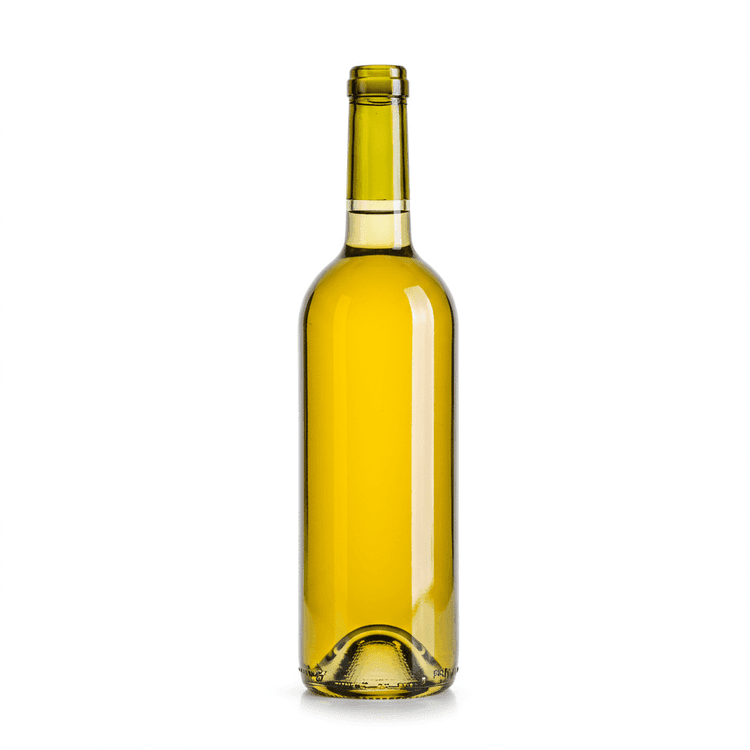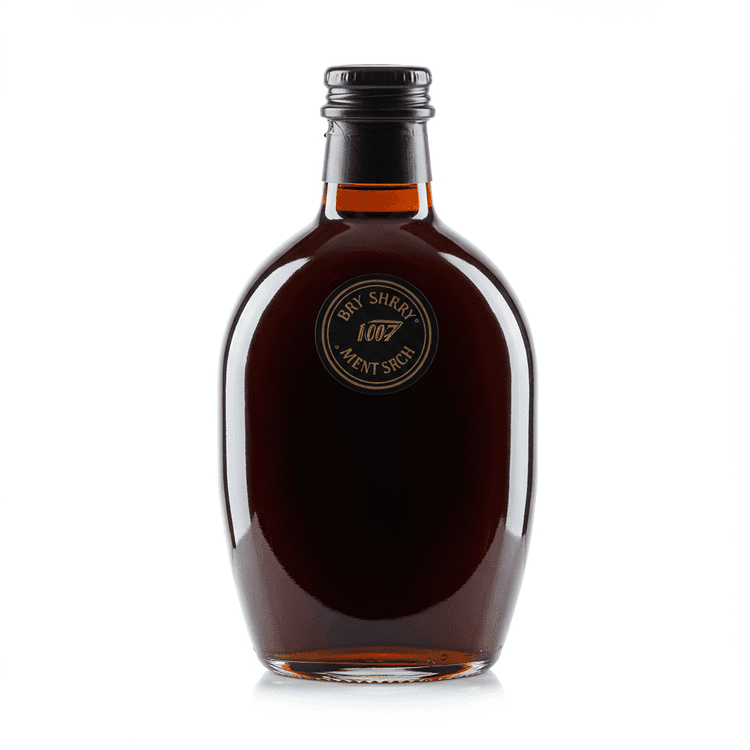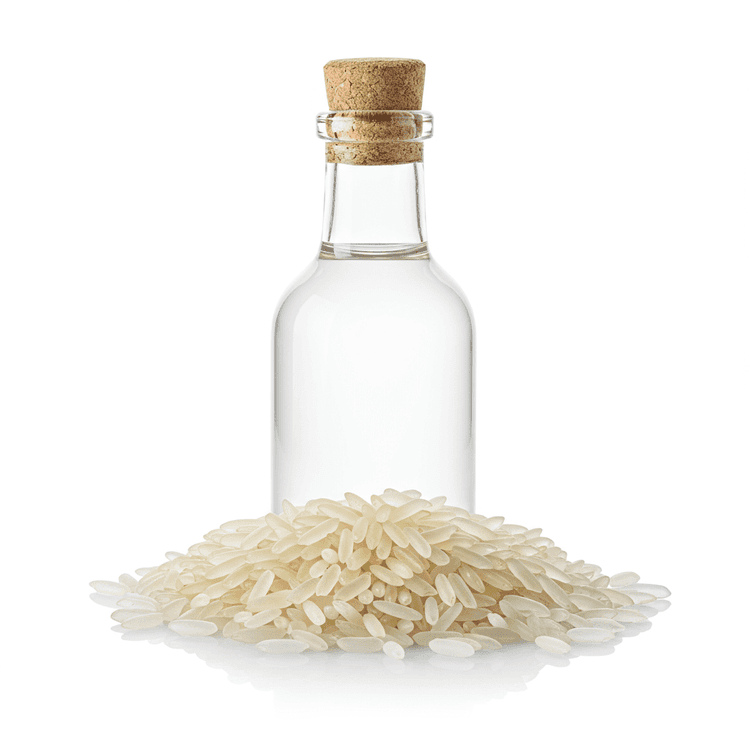
Rice Wine
Rice wine is a fermented beverage made from rice, offering a diverse range of flavors from subtly sweet to slightly tart, depending on the specific type and production method. It can be clear to cloudy in appearance, with a smooth, sometimes viscous texture. Often used in East Asian cuisines, rice wine adds depth and complexity to dishes, and its lower alcohol content compared to other wines makes it a versatile culinary ingredient. The unique fermentation process contributes to its distinctive aroma, making rice wine a popular choice for both cooking and drinking.
Common Uses
- Rice wine is used as a marinade for meats to tenderize them and impart a subtle sweetness, helping to reduce gamey flavors. - Rice wine is a key ingredient in sauces and glazes, adding a layer of umami and balancing other flavors like saltiness and spiciness. - It is frequently used in stir-fries to deglaze the pan and create a flavorful base for vegetables, proteins, and noodles. - Rice wine enhances soups and stews, contributing a delicate sweetness and aroma that complements other ingredients. - Chefs use rice wine in dumpling fillings and other savory pastries, adding moisture and a touch of subtle flavor. - Some types of rice wine are enjoyed as a beverage, often served chilled or warm, complementing a meal.
Nutrition (per serving)
Nutrition (per serving)
Calories
49.0kcal (2.45%)
Protein
0.0g
Carbs
4.2g (1.53%)
Sugars
0.4g (0.8%)
Healthy Fat
0.0g
Unhealthy Fat
0.0g
% Daily Value based on a 2000 calorie diet
Nutrition (per serving)
Calories
49.0kcal (2.45%)
Protein
0.0g
Carbs
4.2g (1.53%)
Sugars
0.4g (0.8%)
Healthy Fat
0.0g
Unhealthy Fat
0.0g
% Daily Value based on a 2000 calorie diet
Health Benefits
- May improve heart health due to antioxidant properties.
- Could support gut health by providing beneficial bacteria in some unpasteurized varieties.
- Some types may contain amino acids, essential for body functions.
- Potential anti-inflammatory effects due to the presence of certain compounds.
- Can contribute trace minerals like manganese and iron to the diet.
Chefadora AI is here.
Experience smarter, stress-free cooking.
Storage Tips
Unopened bottles of rice wine can typically be stored at room temperature in a cool, dark place away from direct sunlight. Once opened, rice wine should be tightly sealed and refrigerated to prevent oxidation and maintain its flavor. Consume within a few weeks for the best quality. If sediment forms, it's usually harmless but can be strained out if desired.
Marnirni-apinthi Building, Lot Fourteen,
North Terrace, Adelaide, South Australia, 5000
Australia




